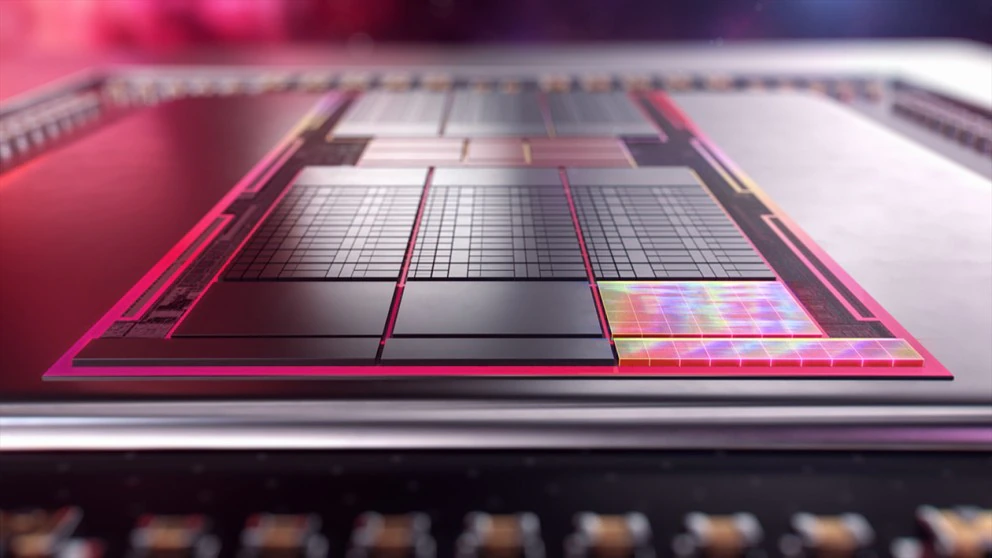AMD released the Ryzen chipset driver 5.08.02.027 version
Recently, AMD unveiled the 5.08.02.027 version of the chipset driver for its Ryzen processors, tailored for various corresponding chipsets including those running on Windows 10/11 operating systems, encompassing platforms like A320, B350, X370, B450, X470, X399, A520, B550, X570, B650E / B650, X670E / X670, TRX40, and WRX80.
Within this updated driver release, AMD has rectified certain anomalies inherent to the Ryzen platform, infusing it with new drivers and their concomitant support. It is discerned that this package enfolds three novel components: the AMD SFH 1.1 driver, the AMD PMF-7040 series driver, and the AMD Interface driver.

The acronym ‘SFH’ denotes Sensor Fusion Hub, a component integral to mobility. A diverse array of sensing devices, such as cameras and motion sensors, can be manifested here in the operating system, facilitating the drive of applications reliant on them, an exemplar being Windows Hello. The AMD PMF-7040 series driver provisions a platform management framework and is a bespoke driver for the Ryzen 7040 series mobile processors codenamed “Phoenix”. As for the AMD Interface driver, its precise function remains an enigma for the moment.
The presently available Ryzen 9 7950X3D and Ryzen 9 7900X3D both pertain to dual CCD models. Relative to their standard processor counterparts, the L3 cache capacity has burgeoned by 64MB, indicating an enhancement in SRAM for a single CCD. In the face of such an asymmetric configuration, AMD has perennially employed a driver to abet the Windows scheduler in orchestrating tasks with finesse. Speculations abound that the AMD Interface driver might be an optimization tailored for these types of processors, maximizing the substantial cache performance advantage of the Ryzen 7000X3D series processors through commensurate features in Ryzen Master.






